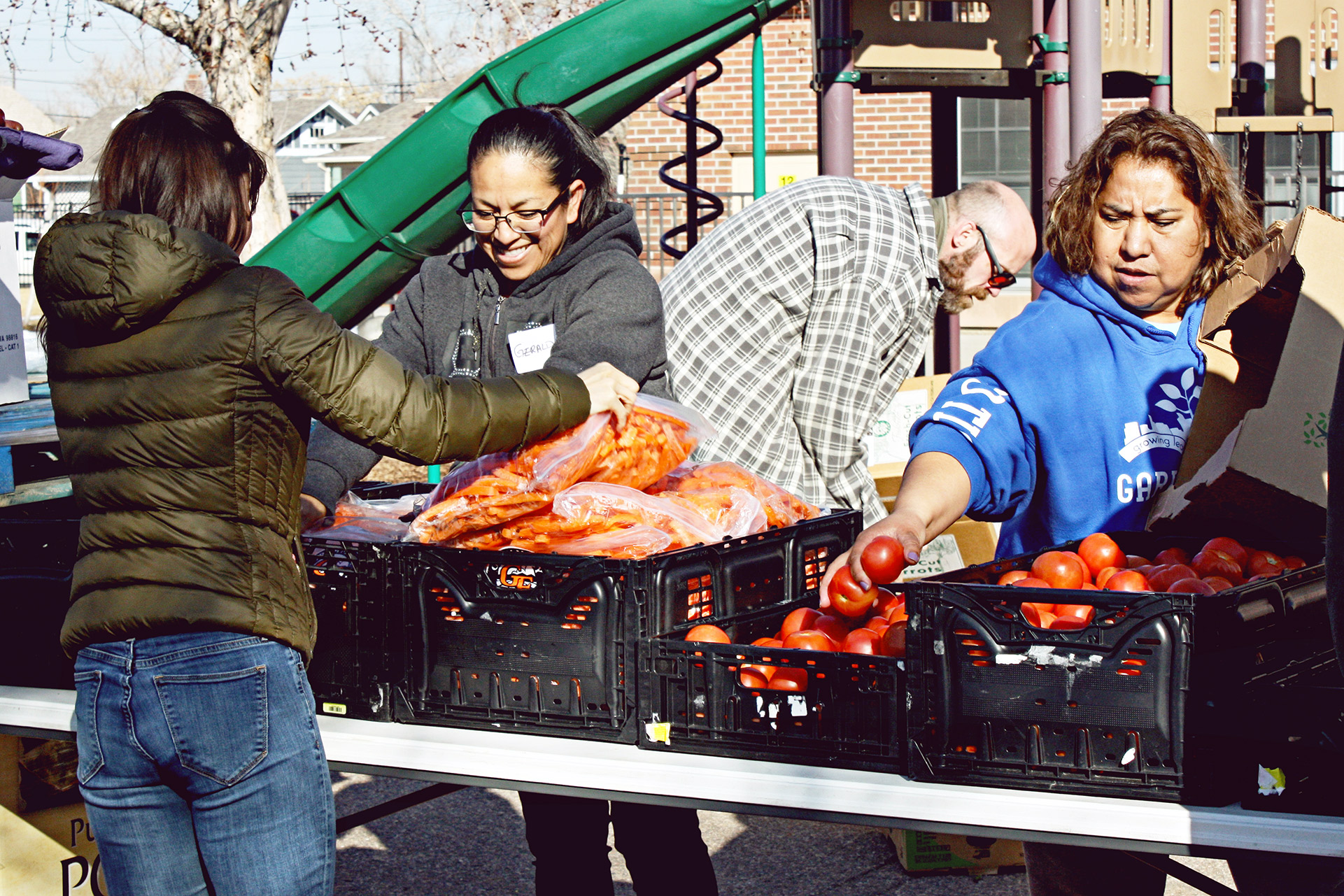In Colorado, one in three people are food insecure. This means they lack consistent access to nutritious food. Poverty, emergencies and systemic inequality are just a few causes of food insecurity in Denver. What’s more: The pandemic exacerbated food insecurity throughout the city — and many still face it 17 months later. A complex issue requires multiple approaches to a solution. Strategies to combating hunger can range from hunger relief to long-term food justice efforts. Hunger relief programs include urban farming, food pantries, food distribution and recovery programs; long-term solutions include policy change on a government level that help alleviate food insecurity.
In honor of September as Hunger Action Month, check out these four Denver-based organizations that take a localized and sustainable approach to combating hunger in the Mile High City.
We Don’t Waste
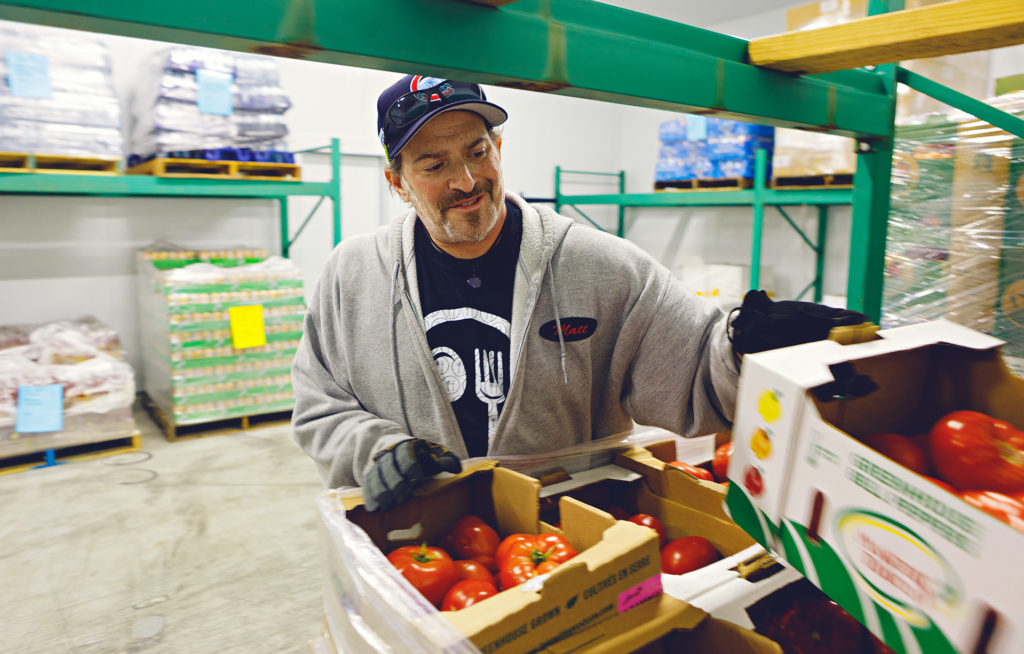
The Lowdown: We Don’t Waste is a Denver-based nonprofit primarily focused on food recovery efforts. Food recovery is the process of collecting edible food that would have otherwise gone to waste and redistributing it to serve a purpose. Recovered food is most commonly repurposed to feed those facing hunger.
We Don’t Waste works with 165 local partners to collect uneaten meals, food close to expiration from grocery stores and unused restaurant ingredients. A mix of businesses, restaurants, caterers, venues, food producers and institutions all participate as food donors.
“In the Metro Denver area, there are approximately 50 neighborhoods that have been historically and presently discriminated against, where politics, racial injustice and economic policy have shaped a landscape without access to affordable, fresh and nutritious foods,” said Arlan Preblud, founder and executive director of We Don’t Waste. “What’s more, many of these communities don’t have their own food pantries or the existing pantries aren’t able to meet the community need in its entirety. Food insecurity is, quite simply, an issue of equity.”
In Action: In addition to alleviating food security in Denver, We Don’t Waste aims to reduce the negative environmental impacts of food loss and food waste in the region. Annually, 40% of food in the United States ends up in a landfill. This makes a significant contribution to greenhouse emissions. Organizations like We Don’t Waste help reduce emissions and redirect food to those in need at the same time.
“Since 2009, We Don’t Waste has recovered more than 154 million servings of food and in doing so, diverted roughly 37.5 million pounds of food from landfills. This effort diverted 69 million pounds of carbon emissions, ” said Preblud. He added that this remains equal to keeping 6,798 cars off the road for an entire year.
Volunteer: Learn more about volunteering with We Don’t Waste here.
Project Angel Heart
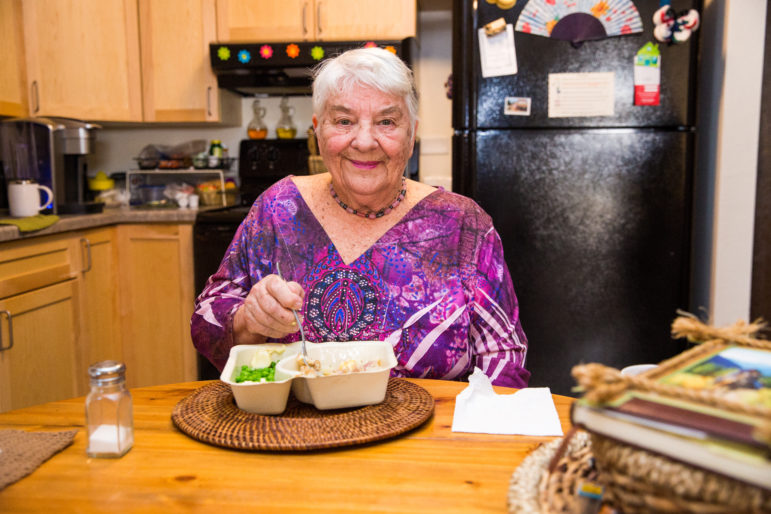
The Lowdown: People facing serious or life-threatening illnesses are likely to lack the ability to sufficiently prepare meals for themselves. Project Angel Heart focuses on alleviating hunger for this particular community. Since 1991, Project Angel Heart works with patients across the Denver Metro area to provide regular and high-quality meals at no cost. To date, they’ve served over eight million meals.
“At Project Angel Heart, we provide meals tailored to the needs of Coloradans living with life-threatening illnesses at no cost to any of our clients,” said Owen Ryan, president and CEO of Project Angel Heart. “Our meals are created and prepared from scratch by our team of professional chefs and nutritionists, then packaged and delivered by hundreds of volunteers each week.”
In Action: In addition to customized meal delivery, Project Angel Heart conducts research to explore the links between nutrition and recovery from illness. Through their research, Project Angel Heart found correlations between their program and more optimistic outcomes for patients.
“We know that food is medicine because we’ve studied it. Clients who are on our meals have lower medical costs, lower hospitalization rates and a better overall quality of life. We take the science behind our meals seriously to ensure our neighbors in need are getting food that helps and heals,” said Ryan.
Volunteer: Learn more about becoming a volunteer for Project Angel Heart here.
The GrowHaus
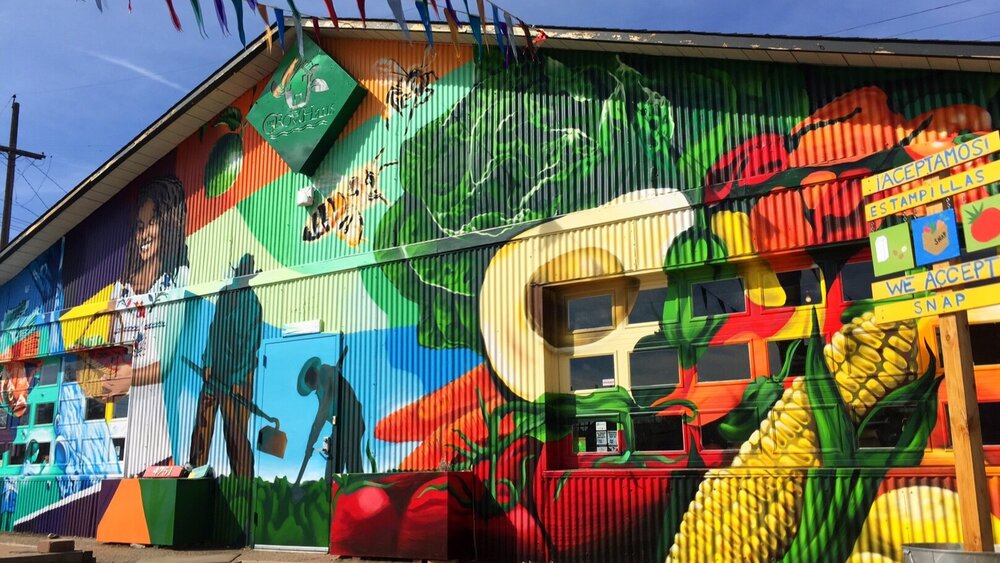
The Lowdown: Located in Elyria-Swansea, The GrowHaus is an organization centered on empowering neighborhood residents through food distribution and education. They distribute food to those in Globeville and Elyria-Swansea. The Globeville and Elyria-Swansea neighborhoods both meet the USDA definition of a food desert, meaning over a third of residents have to travel over a mile to the nearest grocery store. Both neighborhoods face some of the highest rates of food insecurity in Denver.
Since the start of the pandemic, The GrowHaus launched a mobile food delivery system. In addition, they initiated a Rapid Response food distribution program to deliver over 600,000 meals to families in need.
In Action: The GrowHaus offers multiple food education programs. Primarily, they work to send community educators to schools for educational programs on food nutrition and food access. Each summer, the organization hosts Seed2Seed, a teen leadership program.
Volunteer: Learn more about volunteering with The Grow Haus here.
Metro Caring
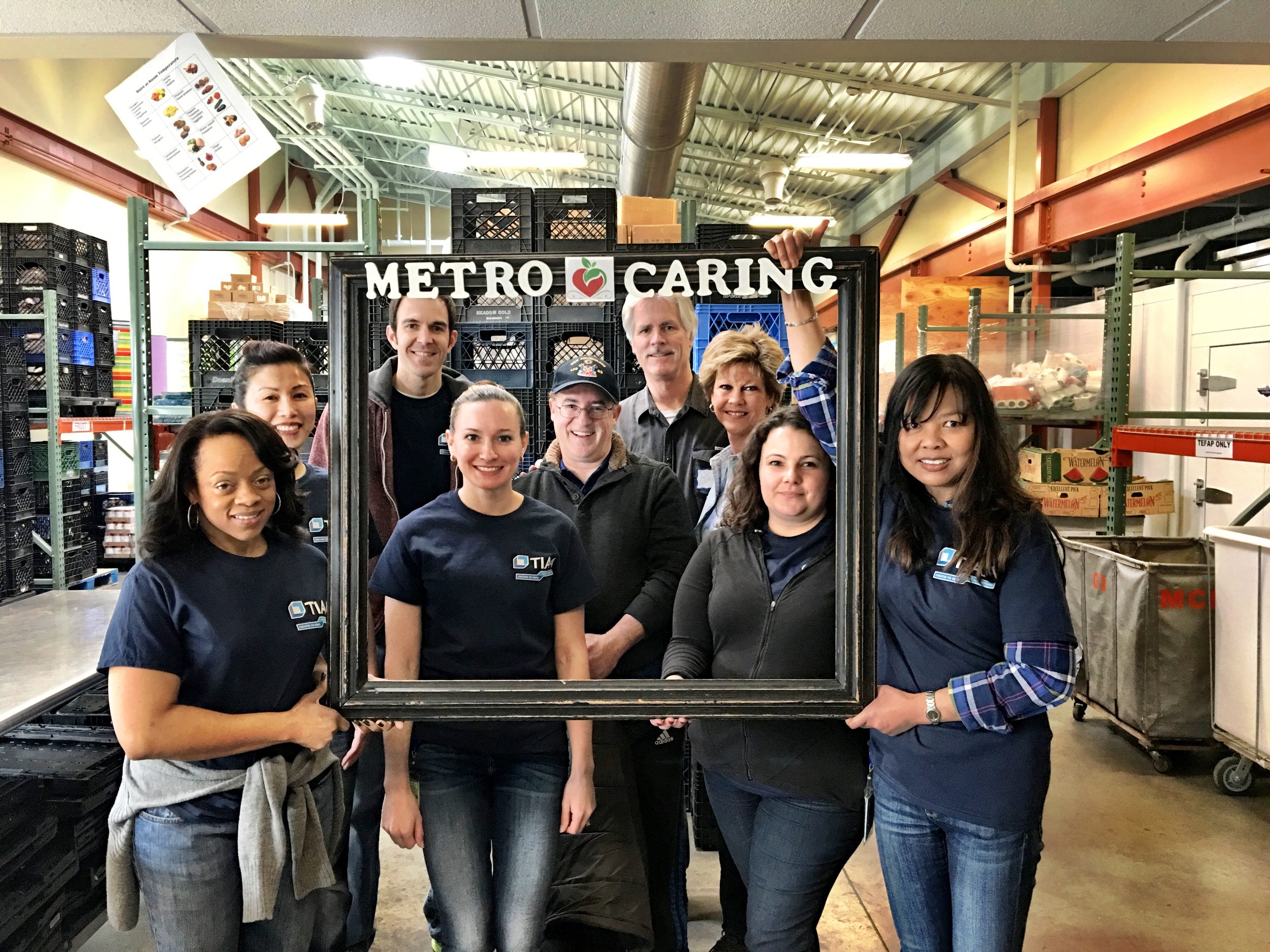
The Lowdown: Established more than 40 years ago, Metro Caring provides hunger relief for tens of thousands of individuals and families in the Denver Metro Area. Metro Caring sources food from local donors to operate their Fresh Foods Market, a grocery store where people can shop for everything they need without cost. The organization works to ensure nutritious options are available for every person.
In 2017, the organization diversified its approach to include tackling hunger at its root. They launched a series of community initiatives designed to achieve reforms in two major causes of food insecurity: poverty and racial injustice.
“Coloradans do not go hungry because of a lack of food. Coloradans go hungry because they don’t have enough money to put food on the table,” said Teva Sienicki, CEO of Metro Caring. “We must tackle the need for a living wage, the racial wealth gap, and fight for an economy where anyone who works hard can provide for themselves and their family. We recognize our community as our base for a powerful movement for change. Our approach is unique because we don’t assume what our community needs. Instead, we listen to the needs and desires the community itself defines, bringing resources to the table to solve problems hand-in-hand with our participants.”
In Action: For Metro Caring, their long-term goal is to achieve sustainable food justice by combating the sources of hunger. Caring Voices In Action is one of their community activation programs. Its purpose is to influence local and state policy in order to increase food security on a structural level.
Sometimes emergencies cause widespread hunger, which Metro Caring has less control over. For example, Metro Caring notes the onset of COVID-19 caused the skyrocketing need for food assistance. “We’re still averaging 300% of pre-COVID levels of need for emergency food and expect the need to remain high for at least two more years,” said Sienicki.
Volunteer: Learn more about becoming a volunteer with Metro Caring here.





